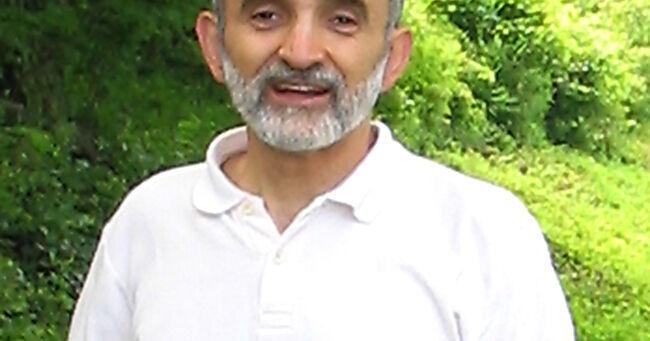
Hear the word hero a lot lately? How about “everyday hero” as applied to teachers, first responders, maybe yourself?
I’m a U.S. Air Force veteran. Some say my service makes me a hero. Have we gone too far? Is the word losing the respect it deserves?
As a Buffalo Bills fan, I heard a broadcaster call those who gave CPR to Damar Hamlin “heroes.” I nodded my head, but then had to stop.
What those people did was amazing. They saved the life of another. But is that alone a heroic act? I feel it misses an essential component.
A hero risks imminent death. Don’t get me wrong. Many work hard to help others, make personal sacrifices and potentially take risks. They are GREAT people deserving our praise and recognition as model citizens!!! But don’t use the label hero. Why, you ask?
Let’s start with a current buzzword, cultural appropriation, or taking elements of another culture and using them as yours. Hero has been used for thousands of years related to combat: The soldier who shields others from attack, risks bullets to rescue a friend, or in the phrase, “Choose your hero.”
In ancient combat, with evenly matched sides, a battle could result in a bloodbath. But they could agree each would produce a volunteer, their hero. The two would fight to the death, and the side of the survivor would be declared victorious — saving many lives. It’s the foundation for the biblical story of David vs. Goliath.
Imagine yourself as a foot soldier watching the fight. How appreciative would you be to avoid facing death? Both fighters would be remembered in song as heroes. You’d want to use that label with great care.
I read an article about a hospital giving an “Unsung Hero Award” to a staff member. The person volunteered to work a lot of extra hours. Imagine that! The ancients knew the tragedy of an unrecognized sacrifice, the person “unsung.” On chaotic battlefields, how many of our soldiers died trying to save others, but none survived to sing their story?
Think of 9/11 and the fall of the Twin Towers. Certainly, some workers could have escaped the buildings quickly, but they stayed behind trying to help others.
I recall a rescue told to me here in Lyons by a proud mother, Cindy. Her son, Aaron DiSanto, a sheriff’s office deputy, rescued a girl from drowning at Sodus Point.1 Another bystander, Draven Starr-Howell of Palmyra, also jumped into the water but lost his life. He was only 20 years old.2
Aaron called Draven the real hero, “very brave. They should be very proud of the son they raised. I know what he went through. I had the luxury of a life jacket. That’s why I’m standing here today.”
I never served in combat, but knew many who did; none were recognized as heroes. It’s pretty rare. I reviewed potential situations as a jet instructor pilot. I’m not the instant “jump in the water” kind of guy. That probably describes many of us.
But, I had the responsibility of a student and never wanted to be the only one to survive a crash. The student had to eject before I’d pull my triggers. I never wanted to face the parents, spouse, or child of a student and explain how I lived and they died. It would haunt me for the rest of my life.
Perhaps we shouldn’t be so quick to offer or accept the label hero? Consider the potential for heroic acts in your own life. Think it through ahead of time. Seconds may matter, and you can do your best.
